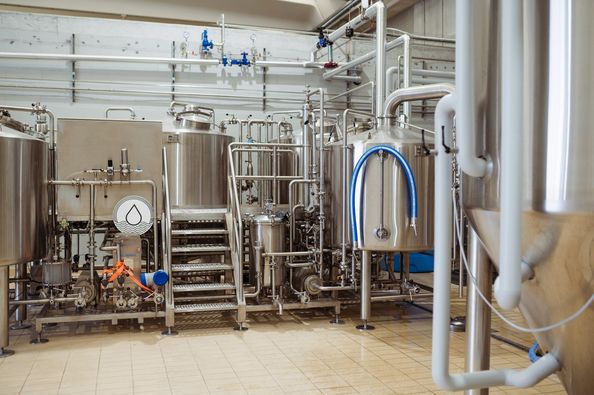The latest usage guide for Auto Brewing System in 2025
Why Are Auto Brewing Systems Becoming Increasingly Popular
Home brewing has exploded in popularity over the past decade, but not everyone has the time, patience, or technical expertise to pull off a perfectly brewed batch. Enter: auto brewing systems. These intelligent machines have been turning the brewing world on its head, simplifying the process and taking the guesswork out of crafting beer.
What’s behind this surge in demand? First off, automation has infiltrated nearly every aspect of our daily lives—from coffee makers to robot vacuums—so why not beer brewing too? With craft beer booming and more people wanting to try their hand at it, auto brewing systems offer a simplified entry point. For small craft breweries, the appeal is equally strong: consistency, efficiency, and scalability. They provide a semi-automated production that still allows for customization and artisanal flair—without hiring a full brew crew.
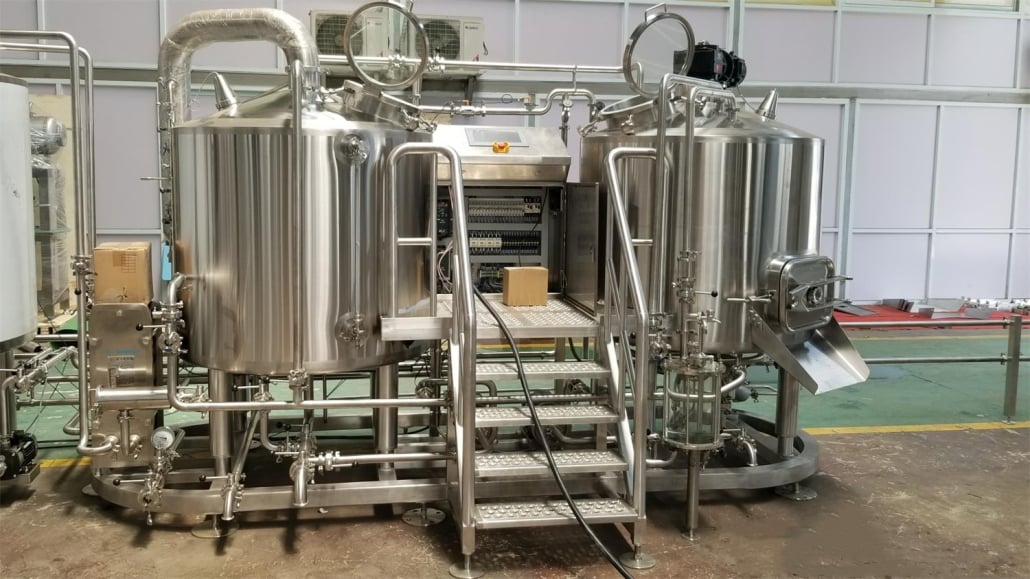
Benefits of Auto Brewing Systems
One of the standout advantages of auto brewing systems is the sheer convenience. No more hovering over boiling wort, meticulously timing hop additions, or praying that fermentation temperatures stay stable. These systems do the heavy lifting, so you can focus on recipe design and taste tweaking.
Consistency is another biggie. Once you dial in your settings, you’re more likely to get the same great-tasting batch every single time. This is a game-changer, especially for those scaling up their hobby into a business.
Then there’s efficiency. Automated systems reduce waste, optimize ingredient usage, and streamline workflows. They can also help reduce your carbon footprint, thanks to improved energy efficiency and better water use practices.
Let’s not forget the learning curve. Auto brewing systems can serve as a stepping stone for new brewers, helping them understand the fundamentals without overwhelming complexity.
Key Features & Technologies of Auto Brewing System
So what exactly makes these systems tick? Here’s where things get fun. Most high-quality auto brewing systems incorporate a range of smart features:
- Temperature control: Crucial for mashing and fermentation. Precision sensors keep temps in check.
- Automated pumping and stirring: Ensures even heat distribution and proper mixing.
- Recipe integration: Many systems let you import or create recipes via apps.
- Remote monitoring: Control and monitor brewing from your phone or tablet.
- Step mash programming: Advanced brewers can fine-tune flavor and body with programmable mash schedules.
And the tech just keeps getting better. Some units even come with built-in cleaning cycles or connect to Wi-Fi for firmware updates and community recipe sharing.
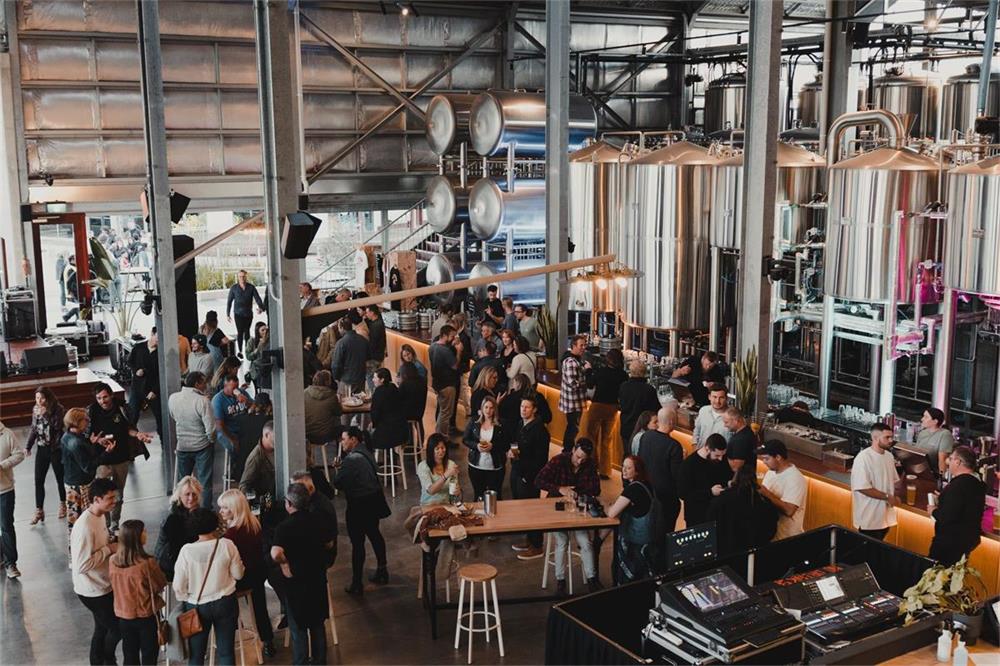
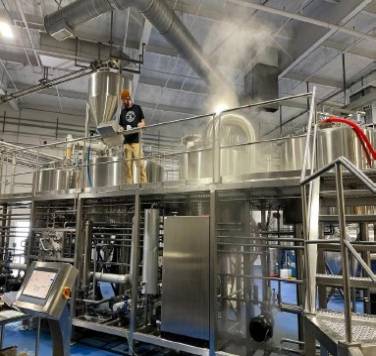
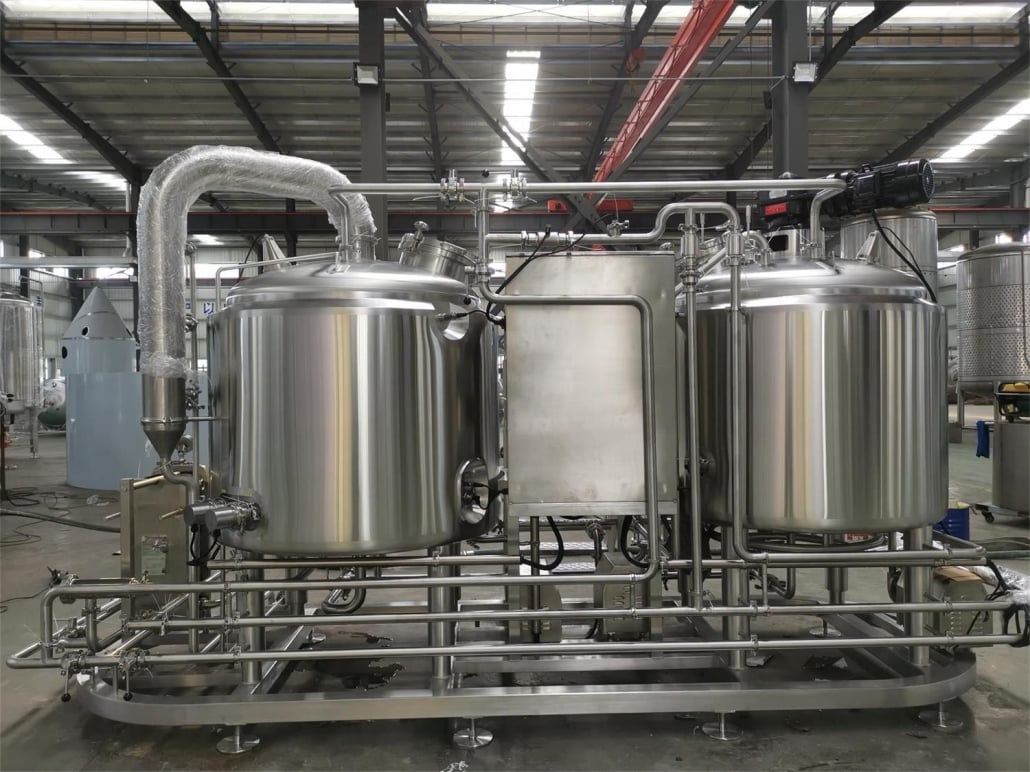
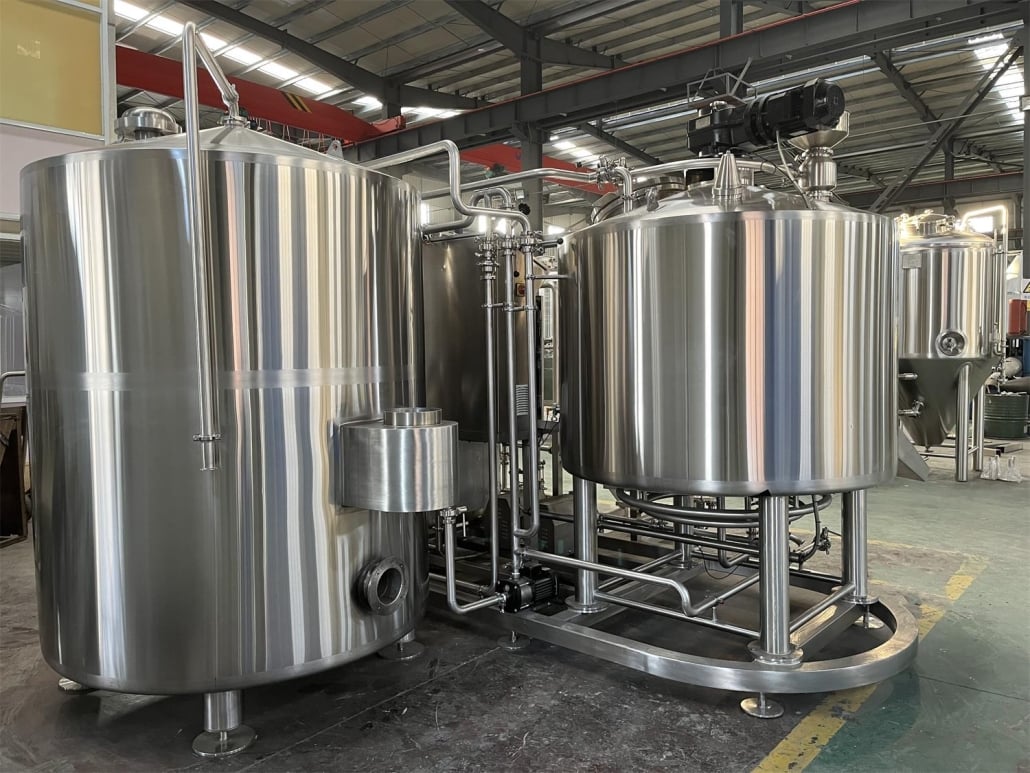
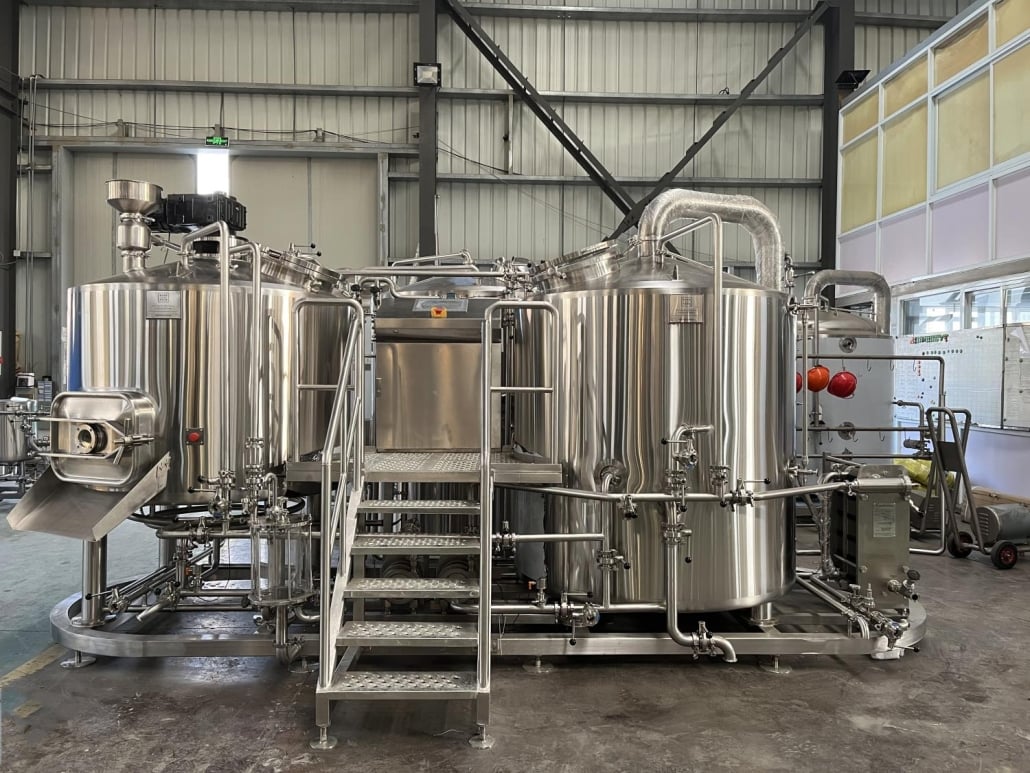

Popular Auto Brewing Systems in 2025
Here’s a comparison of some top-selling auto brewing systems in 2025. We looked at brew capacity, features, average price, and who they’re best suited for.
| Auto Brewing System | Brew Capacity | Notable Features | Avg. Price Range | Best For |
|---|---|---|---|---|
| PicoBrew Z Series | 2.5–10 gallons | Modular scalability, cloud-based recipe library, touchscreen | $2,000–$6,000 | Home brewers scaling up & pilot systems for craft breweries |
| Grainfather G70 | 18 gallons | Bluetooth app control, integrated pump, counterflow chiller | $1,800–$2,500 | Serious home brewers and nano-breweries |
| Brewie+ | 5 gallons | Fully automated, 300+ recipes, self-cleaning | $1,600–$2,000 | Beginners who want plug-and-play brewing |
| Speidel Braumeister | 10–50 liters | German engineering, precise temp control, mobile app | $2,000–$5,000 | Artisan brewers who prioritize precision |
| iGulu F1 | 1.5 gallons | All-in-one compact design, fast brewing cycle, app-based | $700–$1,200 | Casual hobbyists & small apartment brewers |
Who Should Use Auto Brewing Systems
Thinking about diving into the world of automated beer brewing? If you’re someone who loves beer but hates guesswork, an auto brewing system is your new best friend. These systems are perfect for:
- Beginners who want to avoid early-stage frustration.
- Home brewers ready to scale up and get consistent.
- Tech-savvy hobbyists who love smart gadgets.
- Small craft brewers testing new recipes.
- Busy professionals who can’t babysit a brew day but still want great beer.
They’re also ideal for educational purposes—schools, clubs, and breweries teaching brewing fundamentals can all benefit from a reliable, replicable process.
Setup & Maintenance Tips of Auto Brewing System
Setting up an auto brewing system might seem like rocket science, but it’s usually plug-and-play with a few important details. First, make sure your space has proper ventilation and easy access to water and drainage. Read the manual—yes, seriously. That’s where you’ll find tips on tubing connections, cleaning protocols, and software updates.
Maintenance isn’t just about cleaning, though that’s crucial (nobody wants sour beer unless it’s intentional). Regularly check fittings, replace gaskets, update firmware, and sanitize after each use. Some systems come with automated cleaning modes, but you’ll still want to occasionally do a deep clean.
Keep an eye on wear-and-tear components like valves, heating elements, and sensors. And if something starts acting up, don’t DIY unless you know what you’re doing—contact support. Trust us, it’s worth it.
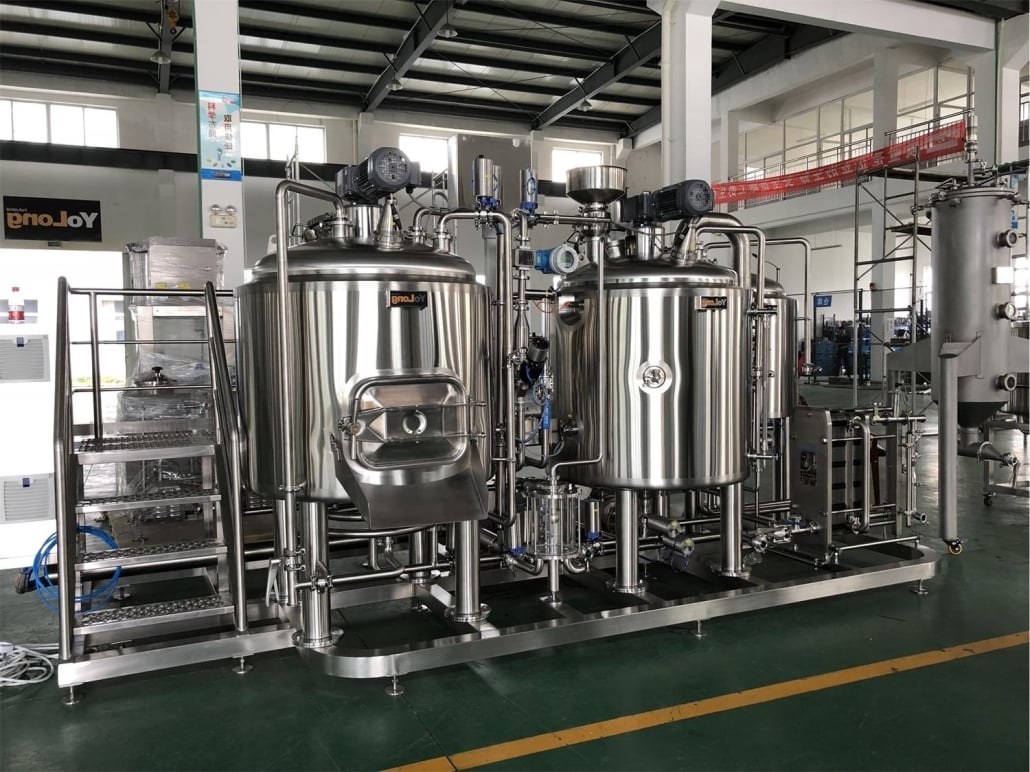
FAQ
| Question | Answer |
|---|---|
| Are auto brewing systems worth the investment? | If you value consistency, convenience, and time savings, absolutely. Many brewers say they pay for themselves in saved ingredients and better beer. |
| Can I customize recipes on these systems? | Totally. Most allow full control over timing, ingredients, and brewing steps, and many even support third-party recipe import. |
| Do I need brewing experience to use one? | Not at all. Beginners can get started with pre-set recipes while learning the ropes. |
| How long does a brew take with an automated system? | On average, 4–6 hours including prep and cleanup—much faster than traditional methods. |
| Is the beer as good as traditional brewing? | In many cases, better. These systems reduce human error, which means fewer off-flavors and more reliable results. |
| Can they brew other beverages? | Some models can make kombucha, cider, or even spirits (where legal), depending on your region and system features. |
Additional FAQs About Auto Brewing System (2025)
1) How do I validate temperature accuracy on an auto brewing system?
Perform a two-point calibration with a certified thermometer at mash temps (148–158°F / 64–70°C) and near boiling. Log offsets in the controller and recheck quarterly or after firmware updates.
2) What network setup is best for app-connected systems?
Use a dedicated 2.4 GHz SSID with WPA2, static IP or DHCP reservation, and disable client isolation so the controller and mobile app can discover each other. Keep firmware auto-updates scheduled during non-brew hours.
3) Can auto systems handle step mashes and decoction-like profiles?
Yes for step mashes via programmable rests and ramp rates. Decoction can be simulated with staged temperature ramps and mash-out; some pro-sumer units allow partial grain pull/boil workflows.
4) How should I manage oxygen exposure with automated transfers?
Purge lines and vessels with CO2, use closed transfers from kettle to fermenter, and verify with a DO spot check on cold side if possible. Script purge routines in your Auto Brewing System where supported.
5) What maintenance schedule prevents downtime?
Daily: rinse and sanitize, inspect gaskets.
Per 10 brews: deep CIP, descale heating elements, lubricate seals.
Quarterly: replace high-wear gaskets/PRV seals, verify pump head and flow rate, recalibrate temperature and volume sensors.
2025 Industry Trends for Auto Brewing Systems
- App-first controls: cloud recipe libraries, remote alerts, and batch analytics standard on mid-tier models.
- Closed, low-oxygen workflows: native purge routines and sealed transfers reduce staling in small-package runs.
- Smarter cleaning: guided CIP cycles with chemical concentration prompts and flow/temperature validation.
- Energy and water optimization: heat recovery to preheat strike/sparge water and low-water CIP profiles.
- Multi-beverage capability: expanding presets for cider, NA beer mashes, and kombucha with fermentation profiles.
Auto Brewing System Adoption and Performance Benchmarks (2024–2025)
| Metric | 2024 | 2025 (proj.) | Notes/Source |
|---|---|---|---|
| Systems with native cloud/app control | ~55% | ~70% | OEM feature lists; retailer catalogs |
| Models offering closed transfer/purge routines | ~30% | ~48% | Product specs; user manuals |
| Guided CIP with temp/flow prompts | ~25% | ~43% | Controller firmware release notes |
| Typical brew day duration (5–10 gal) | 5.0–6.5 h | 4.0–5.5 h | Field reports; integrator testing |
| Water-to-beer ratio with optimized CIP (hl/hl) | 6.0–7.0 | 4.8–6.0 | BA benchmarking; integrator data |
| Users logging batches to cloud platforms | ~35% | ~50% | App analytics disclosures |
Authoritative references:
- Brewers Association sustainability/benchmarking: https://www.brewersassociation.org/sustainability
- Master Brewers Association of the Americas (MBAA) Technical Quarterly: https://www.mbaa.com/publications/tq
- American Society of Brewing Chemists (ASBC) Methods: https://www.asbcnet.org
- U.S. DOE Better Plants calculators: https://www.energy.gov/better-plants
Latest Research Cases
Case Study 1: Closed-Loop Auto Brewing Reduces Off-Flavors (2025)
Background: A pilot program at a nano brewery saw flavor instability in cans after 45–60 days.
Solution: Upgraded Auto Brewing System firmware to enable automated CO2 purges, sealed whirlpool-to-FV transfers, and app-logged CIP validation.
Results: Brite DO dropped from ~0.22 mg/L to ~0.09 mg/L; sensory shelf-life extended by ~4–6 weeks; packaging losses reduced ~3%.
Case Study 2: Guided CIP and Heat Recovery Improve Efficiency (2024)
Background: High water and energy use on a pro-sumer system used for frequent pilot runs.
Solution: Enabled guided CIP with temperature/flow prompts and added a plate heat exchanger loop to preheat strike water from knockout.
Results: Water-to-beer ratio improved by 0.8–1.1 hl/hl; brewhouse energy intensity reduced 12–16% (kWh/hl); brew day shortened ~45 minutes.
Expert Opinions
- Tom Shellhammer, Ph.D., Professor of Fermentation Science, Oregon State University
Key viewpoint: “Automation should prioritize oxygen control and temperature precision—two variables with the largest measurable impact on flavor stability.” - Mary Pellettieri, QA Consultant; Author of “Quality Management for Craft Beer”
Key viewpoint: “Use auto systems to enforce SOPs—document pH, gravity, DO, and cleaning parameters in the app to build repeatability and traceability.” - John Mallett, Author of “Malt”; former VP Operations, Bell’s Brewery
Key viewpoint: “Choose robust hardware—reliable pumps, sanitary welds, and accurate sensors—then let software enhance, not replace, good brewing practice.”
Practical Tools and Resources
- Compliance and guidance
- TTB Permits Online (U.S.): https://www.ttb.gov/beer/permits
- Brewers Association Best Practices & Sustainability: https://www.brewersassociation.org/sustainability
- Technical standards and QA
- ASBC Methods: https://www.asbcnet.org
- MBAA Best Practices/TQ: https://www.mbaa.com
- Energy and process optimization
- DOE Better Plants calculators (steam/motors/heat recovery): https://www.energy.gov/better-plants
- Community and procurement
- ProBrewer forums/classifieds: https://www.probrewer.com
- BrewBids marketplace: https://brewbids.com
- Brewing apps and logging
- Brewfather (recipes, fermentation tracking): https://brewfather.app
- BeerSmith (recipe design): https://beersmith.com
Last updated: 2025-09-30
Changelog: Added 5 focused FAQs, 2025 benchmark table for Auto Brewing System adoption and efficiency, two case studies on closed transfers and guided CIP, expert viewpoints, and curated tools/resources.
Next review date & triggers: 2026-03-31 or earlier if major firmware features roll out (closed-transfer/CIP), BA benchmarking updates, or new utility rebates affect ROI for automated systems.
Share this entry
Interested in learning more about Brewing Systems including additional details and pricing information? Please use the form below to contact us!
YOLONG BREWERY EQUIPMENT FAQS
- Commercial Brewery / Craft Brewery / Microbrewery / Nanobrewery
- What is The Difference Between Craft Beer and Industrial Beer?
- The Bespoke Differences In Custom Brewing Systems
- Everything You Need to Know About Kettle Souring
- How to Choose Brewing Equipment for Your business?
- How To Choose The-Best Partner To Build Your Commercial Microbrewing System?
- Two Detection Sensors That You Need To Use In Your Brewhouse System
- Remote Control Applications in Brewing Equipment/How does it work?
- How To Clean Your Brand New Brewery Tanks?

